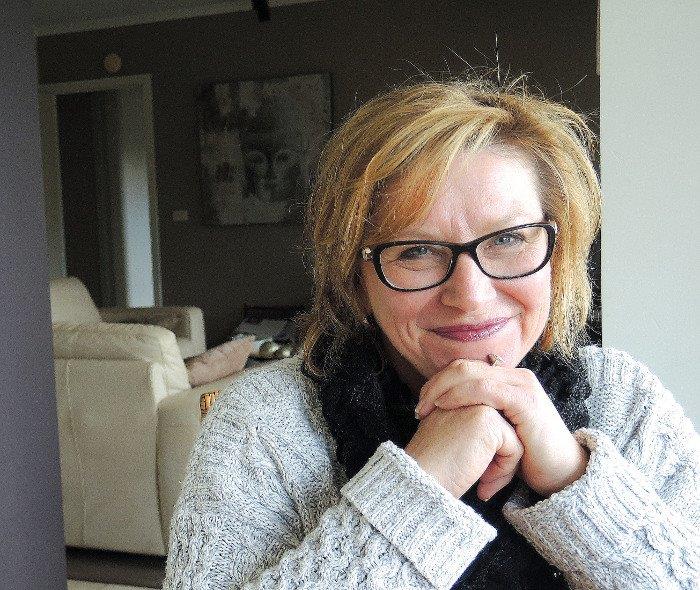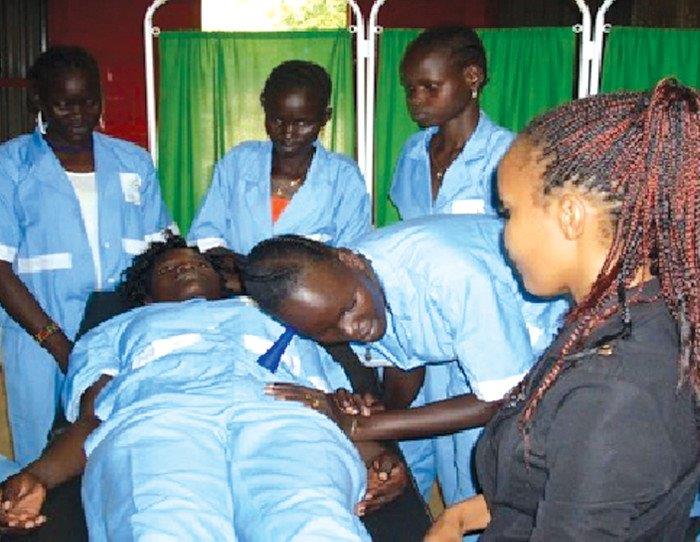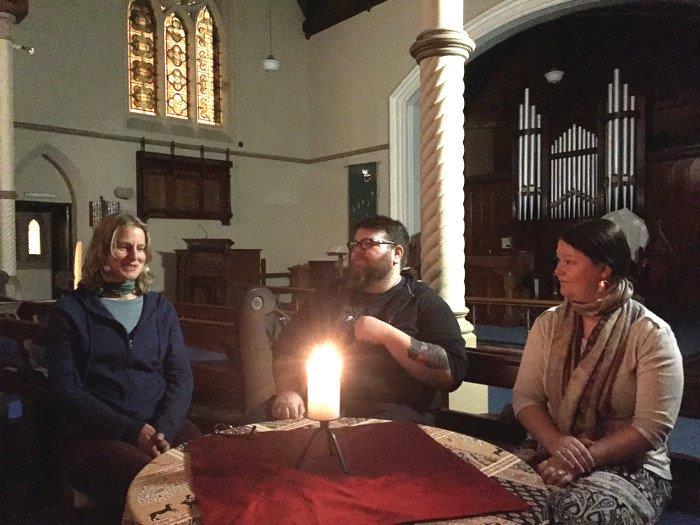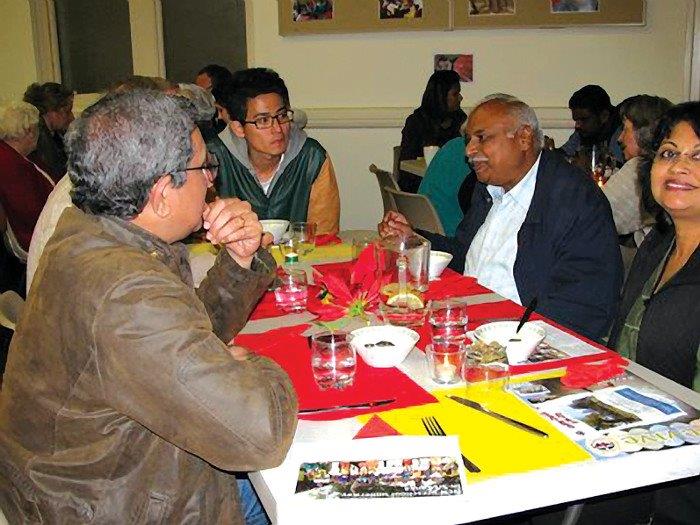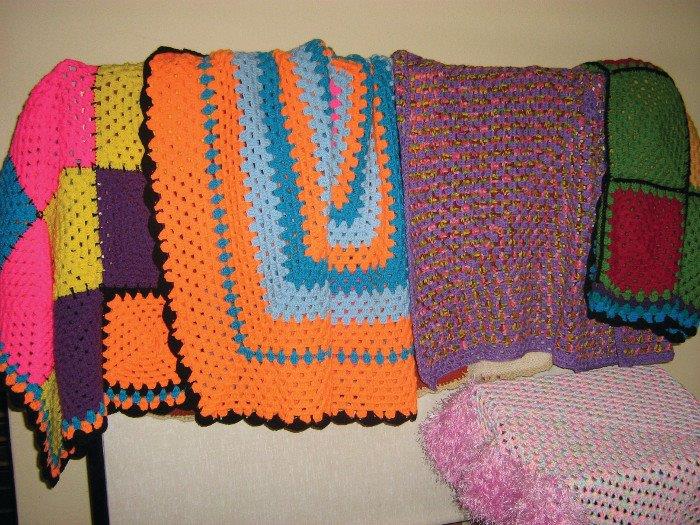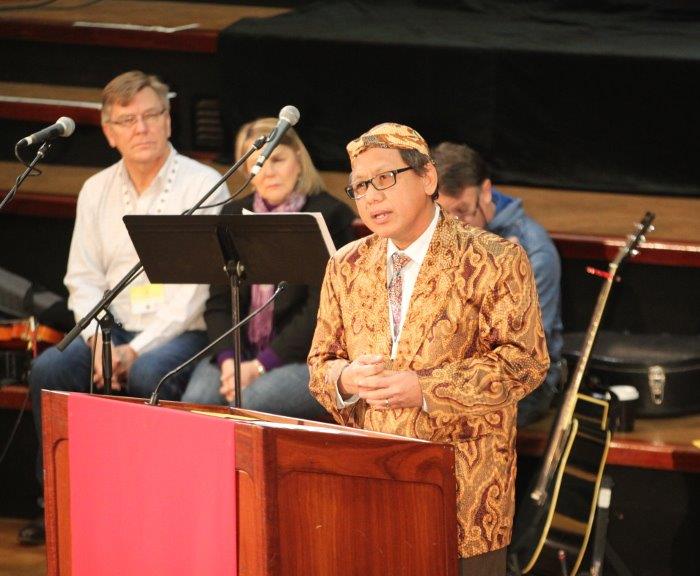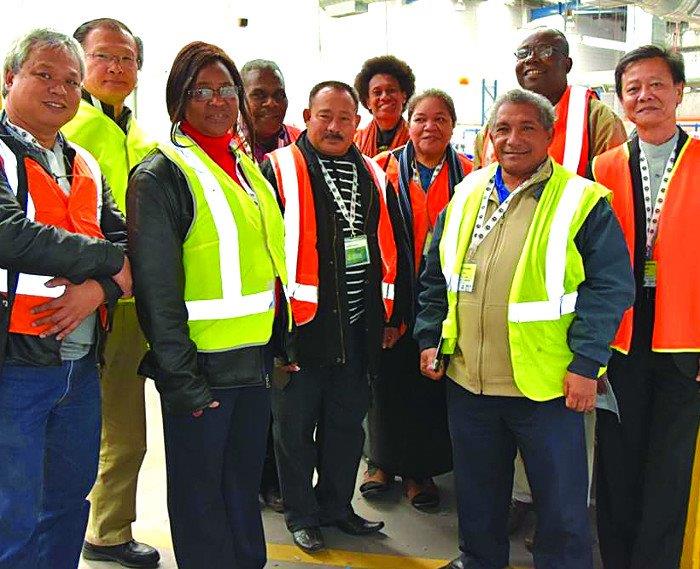When Rosie Batty bravely spoke to news cameras outside her home on 13 February 2014, the day after her son, Luke, was murdered by his father, she spoke up for women and children all over Australia.
Filled with grief from losing her 11-year-old son, her moving address to the nation shone light on family violence across Australia.
“No one loved Luke more than Greg, his father. No one loved Luke more than me. Family violence happens to everybody, no matter how nice your house is, how intelligent you are. It happens to anyone and everyone,” she said.
From that moment on, Rosie has dedicated her life to changing conversations around family violence, giving the issue the recognition it needs. It was for this reason she was awarded the Australian of the Year accolade in 2015. Her campaigning has paid off, as on 24 September, the Federal Government announced a $100m package to tackle domestic violence. Rosie welcomed this announcement, while acknowledging there is still a long way to go.
Speaking to the WA Department of Health this year, Rosie highlighted some of Australia’s grave statistics.
“It’s a huge issue because its two women a week on average being murdered right now, one in three women affected by violence, one in four children,” she said. “It means that you know somebody who has family violence in their lives, or has experienced family violence.”
Dr Deidre Palmer, moderator of the Uniting Church in South Australia and president-elect of the Uniting Church in Australia, has also been involved in speaking up on the issue. Last year she launched the Beyond Violence campaign, a Christian response to dealing with domestic violence in our communities. With a background in social work, Deidre knows all too well that abuse comes in many forms. While physical abuse often leaves visible marks, emotional, financial and spiritual abuse are also debilitating.
